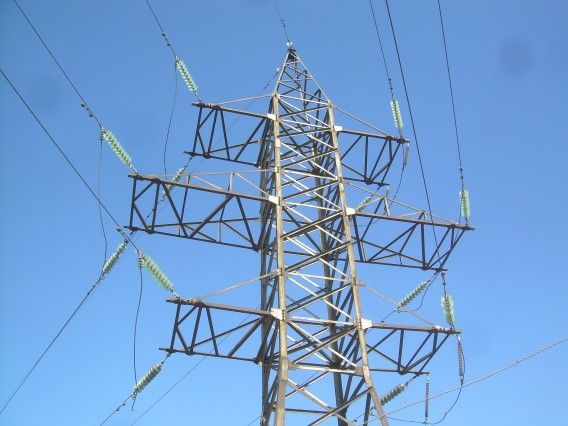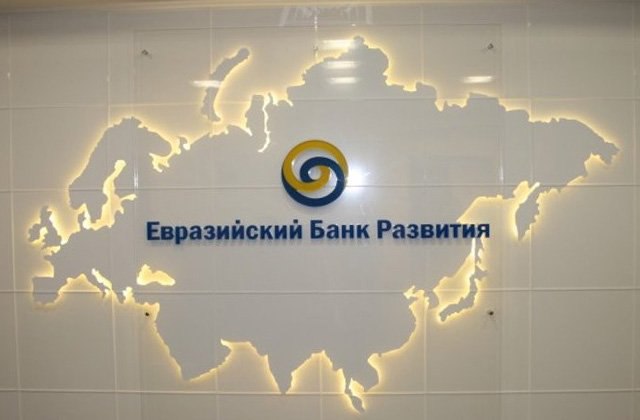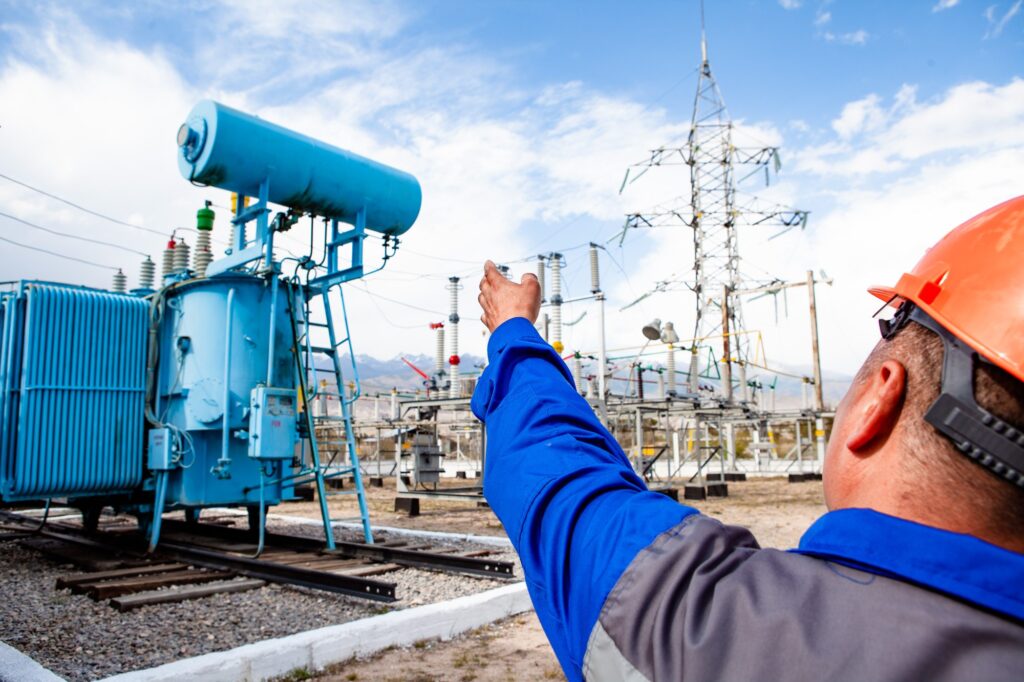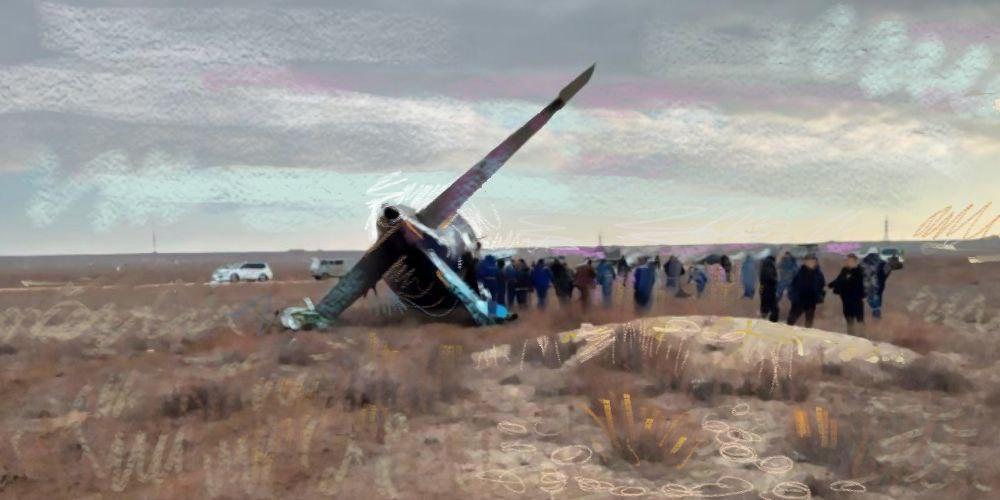BISHKEK (TCA) — The Toktogul hydro power plant (HPP) located in the south of Kyrgyzstan recently suffered two accidents. To help find causes of the accidents and cope with their consequences, Russian energy specialists arrived in Kyrgyzstan.
The Kyrgyz Government cannot say exactly how much it will cost to repair the HPP and how much electricity is needed to import from Kazakhstan, and for how long. According to the Economy Ministry, the electricity supply was limited in Kyrgyzstan including Bishkek.
On December 28, three of the four generators were disconnected at the Toktogul HPP due to an oil leakage in cables. Those cables were installed 40 years ago and are still in use. It is difficult to replace them because such cables are not produced now.
The Toktogul HPP, built in 1975, is the largest and most important power plant, generating up to 40 percent of electricity in the country.
Russian specialists are now eliminating the accident. Repairs may last for more than two weeks, so there is a need to import up to 6 million kilowatt hours of electricity per day.
In 2016, there may be restrictions in electricity supply, the Economy Ministry warned, and the restrictions may be introduced from January 2 in the whole territory of Kyrgyzstan.
According to the Electric Power Stations JSC, the problem with cables at the Toktogul HPP has been discussed since 2008. The damaged cables are very specific. They are under a pressure of 15 atmospheres, and copper wires were specially manufactured and assembled. The Electric Power Stations negotiated with Swiss and Korean companies to supply cables.
The Electric Power Stations signed a contract on modernization of the Toktogul HPP with a Korean company, and its experts have already visited the plant.
The Government appealed to the population to save electricity and says it is developing measures to reduce losses in electric networks. At present, electricity tariffs do not cover the cost of its production. Therefore, the Government is forced to take loans to build new generating capacity.
Since November 2015, the Economy Ministry has been developing the energy and industrial policy after Prime Minister Temir Sariyev abolished the Ministry of Energy and Industry. An energy holding will be created instead of the Energy Ministry and it will be in charge for construction of new hydroelectric power plants.
According to the Economy Ministry, there were no human factors in the accidents at Toktogul, and the only reason was that the equipment is obsolete. Both damages were at 500 kV cable lines that were put into operation in 1977.
Specialists plan to repair the damaged transformer #2 before January 15. In the meantime, it was decided to reduce the workload of the Toktogul HPP and increase the load on HPPs located downstream the Naryn River.
The workload of the Bishkek thermal power station will also be increased.
Once the repair is completed and the second transformer put into operation, the normal operation of the Toktogul HPP will be restored as well as the entire energy system of the country.
The Economy Ministry is in talks with Kazakhstan to buy electricity. Currently the price is being discussed. Kyrgyzstan insists on electricity prices of 2014. A contract will be signed when the issue of the financing is resolved, because Kazakhstan supplies electricity after full advance payment.
Rehabilitation of the Toktogul HPP will be done in three phases and will result in a 20% increase in its capacity. To implement the first phase, three tenders for contract works have already been held and contracts signed. During the first phase, the electrical and mechanical equipment will be upgraded.
The second phase includes replacing of two hydraulic units, resulting in 60 megawatts power increase of each unit. In the third phase, the remaining two hydraulic units will be replaced by new ones.
The rehabilitation of the Toktogul HPP is planned to be accomplished in 2022.
The Economy Ministry has drafted a project of the second phase of the HPP rehabilitation worth $250 million. Money will be allocated by the Asian Development Bank (ADB) and the Eurasian Development Bank (EDB). ADB will provide $110 million, including $44.5 million in grants and $65.5 million as a soft loan for 32 years.
The agreement with ADB has been ratified, and the Parliament’s approval is necessary to sign an agreement with the EDB for a $100 million soft loan for 20 years.
Kyrgyzstan will provide $40 million co-financing of the project in the form of exemption from taxes and duties.
According to the Economy Ministry, the money will be spent exclusively for equipment upgrade. No money will be spent on consulting services and training.








